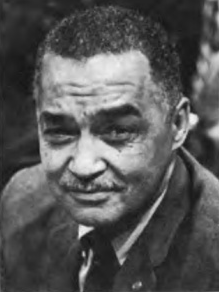A Quote by Justin Simien
Racism is over in the 'Star Trek' future, but they found a way to comment on sexism and racism in the present day in such a subversive and smart way, you know?
Related Quotes
I mean, what is racism? Racism is a projection of our own fears onto another person. What is sexism? It's our own vulnerability about our potency and masculinity projected as our need to subjugate another person, you know? Fascism, the same thing: People are trying to untidy our state, so I legislate as a way of controlling my environment.
The way in which these two practices contain each other is that it has always been possible to use the one against the other: to use racism-sexism to prevent universalism from moving too far in the direction of egalitarianism; to use universalism to prevent racism-sexism from moving too far in the direction of a caste system that would inhibit the work force mobility so necessary for the capitalist accumulation process.
The problem is that white people see racism as conscious hate, when racism is bigger than that. Racism is a complex system of social and political levers and pulleys set up generations ago to continue working on the behalf of whites at other people's expense, whether whites know/like it or not. Racism is an insidious cultural disease. It is so insidious that it doesn't care if you are a white person who likes Black people; it's still going to find a way to infect how you deal with people who don't look like you.
The way racism works in Canada, it's very subtle. You may feel you're a victim of racism or have experienced racism, but you can't necessarily prove it - unless you get a [white] friend to go check out that rental, go check out that job, whatever. Unless you're willing to really dig to prove you're a victim of racism, it might be difficult to do that. And so what you're dealing with then is feeling, it's emotion.





































